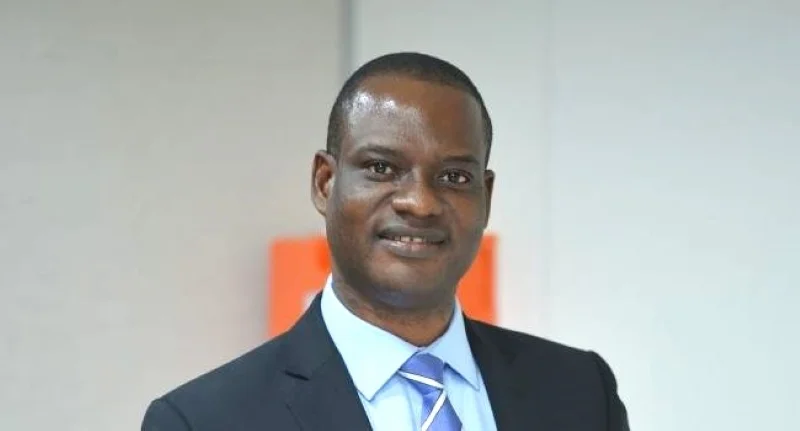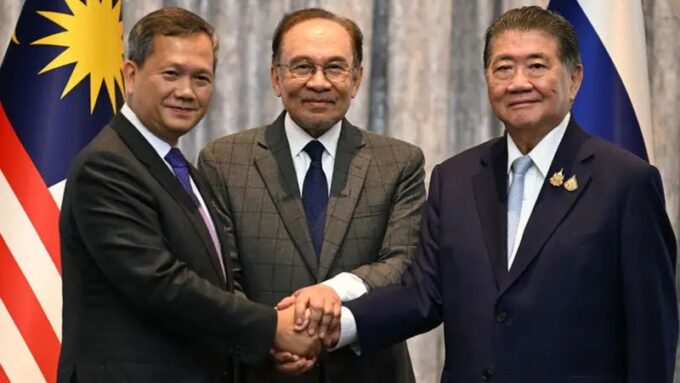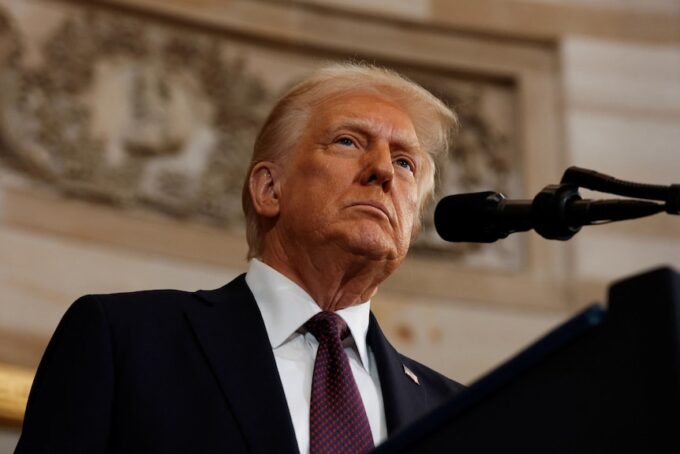News | Events | Digital PR | Advertising
Tax Reforms Will Fix Economy, Promote Shared Prosperity – Taiwo Oyedele

Taiwo Oyedele, Chairman of the Presidential Fiscal Policy and Tax Reforms Committee, has highlighted the purpose of the tax reform bills awaiting legislative approval, stating they are designed to fix the economy and promote shared prosperity rather than simply generate more revenue.
Speaking as a panelist at Channels Television’s town hall meeting on tax reforms on Monday, Oyedele described the current fiscal and tax system as a significant obstacle to economic growth. “The fiscal and tax system is like the knee on the neck of our economic prosperity,” he said, emphasizing that the primary goal of the reforms is inclusive growth.
The proposed reforms aim to exempt low-income earners earning N83,000 per month or N1 million annually from tax, reducing the financial burden on vulnerable households. Oyedele addressed misconceptions surrounding the reforms, urging Nigerians to look beyond ethnic and political sentiments, as the bills are structured to ensure shared prosperity and equity.
The bills have sparked significant debate, with some stakeholders, including former Vice President Atiku Abubakar, Borno Governor Babagana Zulum, and former Sokoto Governor Aminu Tambuwal, expressing concerns. They have called for more consultations, warning that the reforms could negatively impact the northern region, which faces high poverty and underdevelopment levels.
Despite the controversy, the Federal Executive Council approved the bills in October, and they have been transmitted to the National Assembly for consideration. The government asserts that the reforms aim to overhaul Nigeria’s tax system, prevent revenue leakages, and establish fiscal federalism.
The bills include:
1. Nigeria Tax Bill 2024
2. Nigeria Tax Administration Bill
3. Nigeria Revenue Service (Establishment) Bill
4. Joint Revenue Board (Establishment) Bill
These proposals seek to consolidate outdated tax laws, establish clearer administrative frameworks, and introduce bodies like the Tax Appeal Tribunal and the Office of the Tax Ombudsman.
Oyedele noted that the reforms are urgent, aiming for approval within a year. “We have tax laws that are very old and no longer fit for purpose,” he said. “This reform is about creating laws made by Nigerians for Nigeria to drive our prosperity forward.”
Explore more
Scientists Research Nigeria’s Okra, Maize, Four Other Crops During NASA’s Space Mission
International astronauts will research six indigenous Nigerian crops and seeds during the...
President Trump Orders Pharmaceutical Companies To Cut Drug Prices Within 60 Days
President Donald Trump on Thursday said he asked major pharmaceutical companies to...
Microsoft To Become The Next $4 Trillion Company
Microsoft (MSFT.O), opens new tab soared past $4 trillion in market valuation...
Importers Slash Petrol Prices Below Dangote Rates Amid Rising Market Competition
Competition has hit Nigeria’s petroleum sector as fuel importers slash petrol prices...












Leave a comment